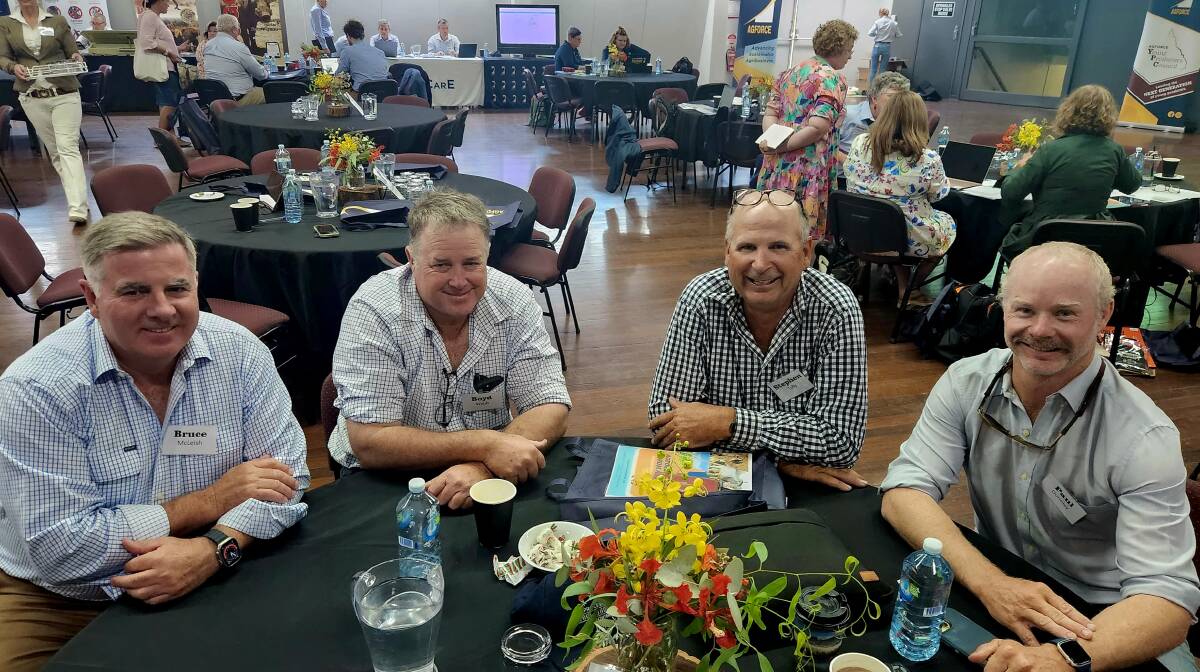
'A year of eID rollout failures' is how AgForce sheep wool and goat president Stephen Tully reported on his first year in the role at the lobby group's annual general meetings in Longreach on Tuesday morning.
In a no-holds-barred address, Mr Tully said the SWAG section of AgForce had been instrumental in setting up a wool technical advisory group with the Queensland government, for the introduction of electronic ear tagging for small ruminants, but at every step the government had been recalcitrant in having genuine consultation and information sharing.
"At no time have we been consulted with, on what is happening at a federal level, and have been kept completely in the dark," he said.
"We have been the first to put forward policy and clearly explain why we need electronic tags.
"We have supported eID from the beginning but that support has always been conditional on funding during the transition period and pathways for older sheep direct to works."
Mr Tully panned the news that producers would receive a one-off payment from the government of 50 per cent of the cost of buying tags and readers, up to a maximum of $1100, regardless of how much they'd spent in total.
"This is a pathetic proposal compared to the thousands of dollars and time it will cost producers," he said. "It is also pathetic when compared to the other states."
He said they were currently at an impasse with the Queensland government, threatening to withdraw all support for eID unless they come back to sheep and goat producers with a better package.
Mr Tully also called out Sheep Producers Australia as being incompetent at leading the debate at a national level.
"We have tried to get them and the other states together to get broad agreement and then bring that forward," he said. "We ended with having a meeting in Adelaide without SPA there."
Mr Tully pointed to the example of the Goat Industry Council of Australia's example of consulting to formulate its rangeland goat pathway.
"This has been accepted by all in government and industry and has been a great win," he said.
He praised Wool Producers Australia for helping as much as they could with SWAG's concerns.
On the topic of UHF tags, Mr Tully, who has been championing them, told the meeting that a report on their rollout had been quietly put on the MLA website in October.
"This report clearly explains the potential of UHF tags and how to roll them out," he said.
"The potential savings for the sheep industry is $800 million over 20 years or $40m a year and yet still we struggle to get momentum or interest.
"It would also save the cattle industry over $300m over 20 years and be a much easier technology to use."
Mr Tully said it had been rewarding to receive a phone call from the previous president of NSW Farmers, James Jackson, thanking him and telling him to keep up the great work.
He also acknowledged the support and understanding from AgForce cattle board president Peter Hall, saying they urgently wanted tags in the ears of sheep to help protect Queensland's cattle industry.
"We have no problem with putting eID tags in lambs in the cradle and an incentive to tag early will help traceability and the smooth roll-out enormously," he said.


